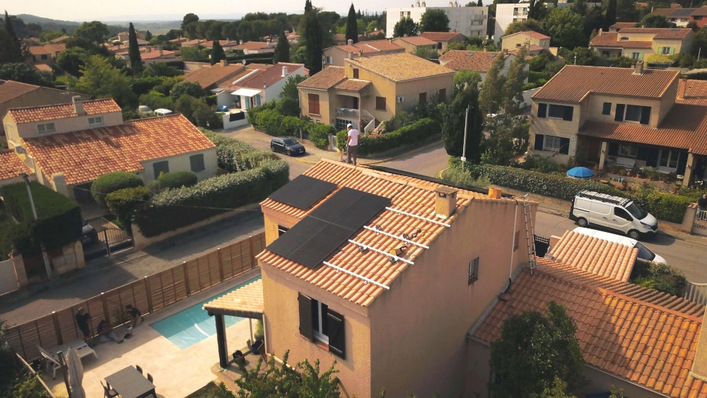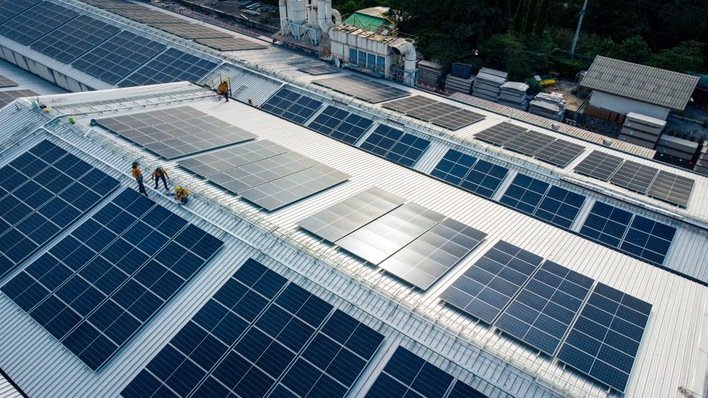One sore point (unfortunately still) is the issue of returning discarded products that are no longer in use. Most private owned storage units are also still functioning flawlessly – even though so far there are only a few tens of thousands.
At the end of product’s life
But at the end of their life cycle, they have to be taken back by the manufacturers – at no extra cost to the customers! Solar panels, wiring and inverters count as electronic waste, so the legal provisions are clear; the same is true for batteries.
Replace the old battery by new one
The installing company takes the panels off the roof – maybe using the opportunity to install newer, more efficient ones. The old battery is replaced by a new one. Some suppliers already factor the exchange of old battery cells after a certain time into their initial estimate.
As a general rule, the inverter needs to be renewed at least once during a period of 20 years (life cycle of the solar panels). And these days, solar batteries are only guaranteed for ten years, which means they also need to be changed once.
It is no household waste!
It is a criminal offence to dispose of solar panels or batteries as part of the household waste, or even worse, just dump it in the open countryside. As all solar components and batteries have an individual product code, it is usually very easy to trace the original owner. Batteries and solar panels underlay the national regulations concerning electronic waste (WEEE – EU directive). Because they contain valuable materials as aluminium, lithium, silver or glass. These regulations clear the way the old components have to go after their use. (HS)
Look at this:
Solar advice: Put your insurance company to the test!
Stay informed, get our newsletter twice a week: Register here.
Find useful products for solar generation here.
Find useful products for solar energy storage here.
Find useful products for e-mobility here.







